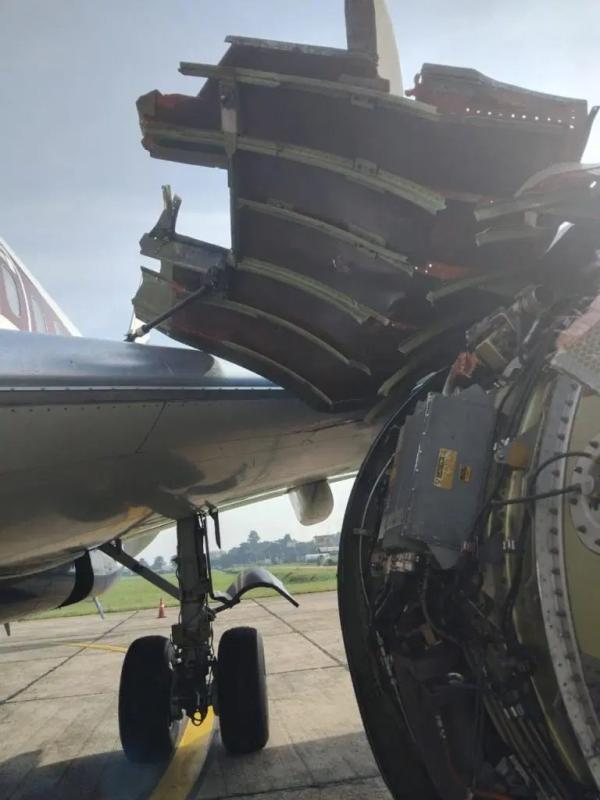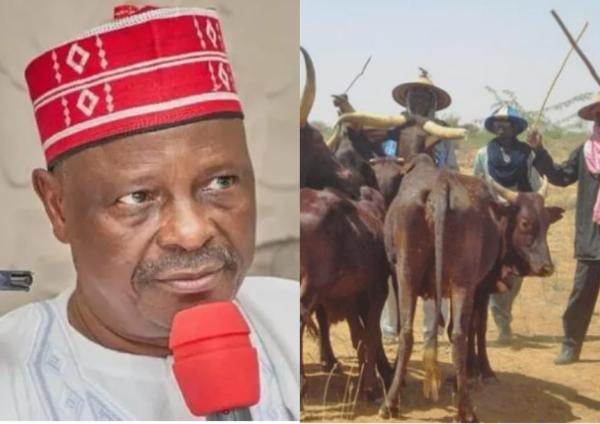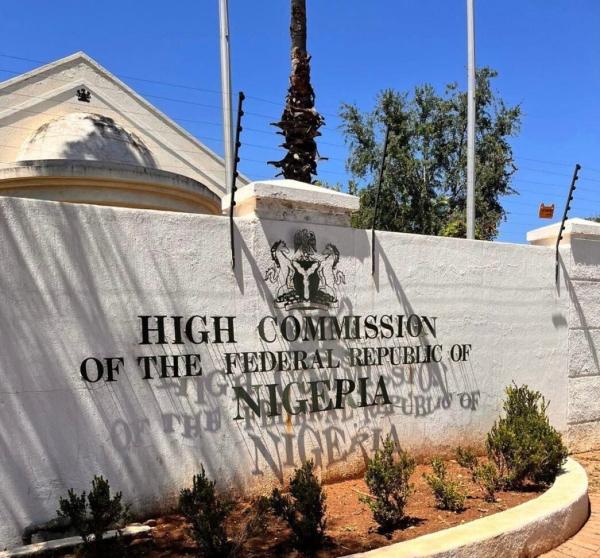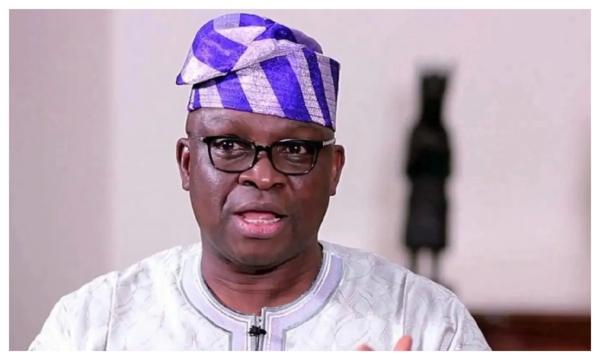
The Johannesburg Holocaust & Genocide Centre museum dedicated to the "cruellest aspects of human nature" has been unveiled in Johannesburg on Tuesday.
The museum is an airy, spacious structure of wooden floors, glass, concrete and facebrick on Jan Smuts Avenue, opposite the Westcliff Hotel.
Rusted railway tracks run like scars, skywards across the facade. These serve as a reminder of how trains, a symbol of progress and industrialisation, became part of a vast killing machine used to transport millions of Jews to concentration camps in Europe in the 1940s, architect Lewis Levin said at the unveiling.
The structure is intended to serve as a reminder of humanity's "great flaw", he said. It will open to the public early next year.
"A simple, industrial, railway building with exposed structural elements," is how Levin described it.
It is intended to serve as a reminder of how atrocities were committed in simple, re-used industrial buildings, in the picturesque forests of Europe and the lush green countryside of Rwanda.
The large, horizontal windows that afford the visitor views of Johannesburg are intended as a reminder of how genocides took place in towns and cities, between people that used to live together.
The greystone offcuts used to pave the courtyard outside the entrance are a reminder of the cobbled streets of Europe. The polished granite slabs are like unmarked graves and the memorial garden promises hope and renewal, said Levin.
At the moment it is still an echoing, empty shell, with exposed wiring in places. A documentary of the Rwandan genocide is projected on to a screen on the ground floor. Upstairs is a black and white film from the National Centre for Jewish Film.
Museum director Tali Nates said it is intended to teach visitors about the consequences of ills like racism and homophobia, as well as people's apathy and indifference.
University of the Free State Vice-Chancellor Professor Jonathan Jansen said the museum will serve as a reminder of how quickly ordinary people can turn from living and learning alongside one another to exterminating one another.
"This centre allows us to... keep in public memory the abiding dangers of supremacist thinking," he said.






















